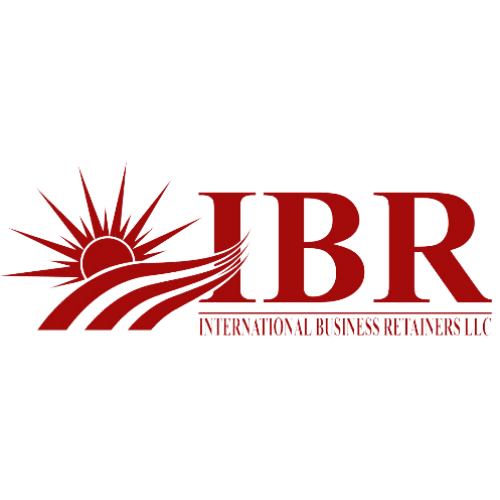
How to prepare tax return bookkeeping?
For anyone handling their own finances, be it an individual taxpayer, freelancer, or small business owner, filing taxes returns is a crucial part of financial management. Accurate financial records are guaranteed by proper bookkeeping, which also makes tax filing procedures easier. We’ll go over the principles of tax bookkeeping in this article, along with some helpful hints to make the process go more smoothly.
Understanding Tax Return Bookkeeping:
Keeping track of and arranging financial documents all year long is necessary for accurately calculating and reporting income, expenses, and deductions for tax purposes. This is known as tax return bookkeeping. It necessitates careful record-keeping and adherence to all applicable tax laws and rules.
Key Components of Tax Bookkeeping:
Income Tracking:
Keep track of all of your revenue sources, including money from investments, self-employment, jobs, and rental properties. Keep thorough records, including bank statements, receipts, and invoices.
Expense Management:
Maintain a record of your business expenses as well as any deductible personal and/or tax-deductible expenses. Sort expenditures appropriately, keeping track of invoices and supporting documents for tax deductions.
Asset Depreciation:
Make sure to precisely compute and document depreciation costs if you possess assets for your firm that are subject to depreciation, like vehicles or equipment. Over time, substantial tax savings can be obtained by accurately recording depreciation.
Record Retention:
Keep well-organized records of all financial transactions, invoices, receipts, and other pertinent paperwork. Records must be kept for the necessary amount of time, usually three to seven years, in accordance with tax requirements.
Tips for effective tax bookkeeping:
Use accounting software:
Invest in accounting software to automate bookkeeping and expedite record-keeping procedures, such as QuickBooks, Xero, or FreshBooks.
Separate business and personal finances:
Keep separate credit cards and bank accounts for personal and commercial use. This division guarantees proper reporting of business income and expenses while streamlining bookkeeping.
Stay Organized Throughout the Year:
Get your financial documents organized now, rather than waiting until tax time. To prevent stress and mistakes during tax preparation at the last minute, make it a practice to update and reconcile your books on a regular basis.
Seek professional assistance:
To help with tax return bookkeeping and guarantee compliance with tax rules, think about employing a certified accountant or tax specialist. An expert can maximize your tax approach, find possible deductions, and offer insightful suggestions.
Stay Informed About Tax Law Changes:
Stay up to date on any modifications to tax rules and regulations that can affect your tax liabilities. Use reliable resources to stay informed, such as tax periodicals and the IRS website, or seek advice from a tax advisor.
One of the most important aspects of financial management is tax bookkeeping, which calls for precision, diligence, and regulatory compliance. Efficient bookkeeping procedures can help you minimize taxes and expedite the tax filing process. You may reduce risks, preserve financial transparency, and comply with tax authorities by keeping accurate tax books.
IBR Group Accounting provides all-inclusive solutions to ensure accuracy and compliance with tax legislation while streamlining the bookkeeping procedures for tax returns. IBR Group Accounting can help individuals and companies handle revenue tracking, cost management, and asset depreciation effectively thanks to our proficiency with accounting software and in-depth knowledge of tax regulations.
Additionally, we give individualized advice, remaining current on changes to tax laws and providing proactive counsel to optimize tax savings and reduce liabilities. You may confidently handle complicated tax regulations with IBR Group Accounting’s help, giving up time to concentrate on your primary responsibilities and financial objectives.
